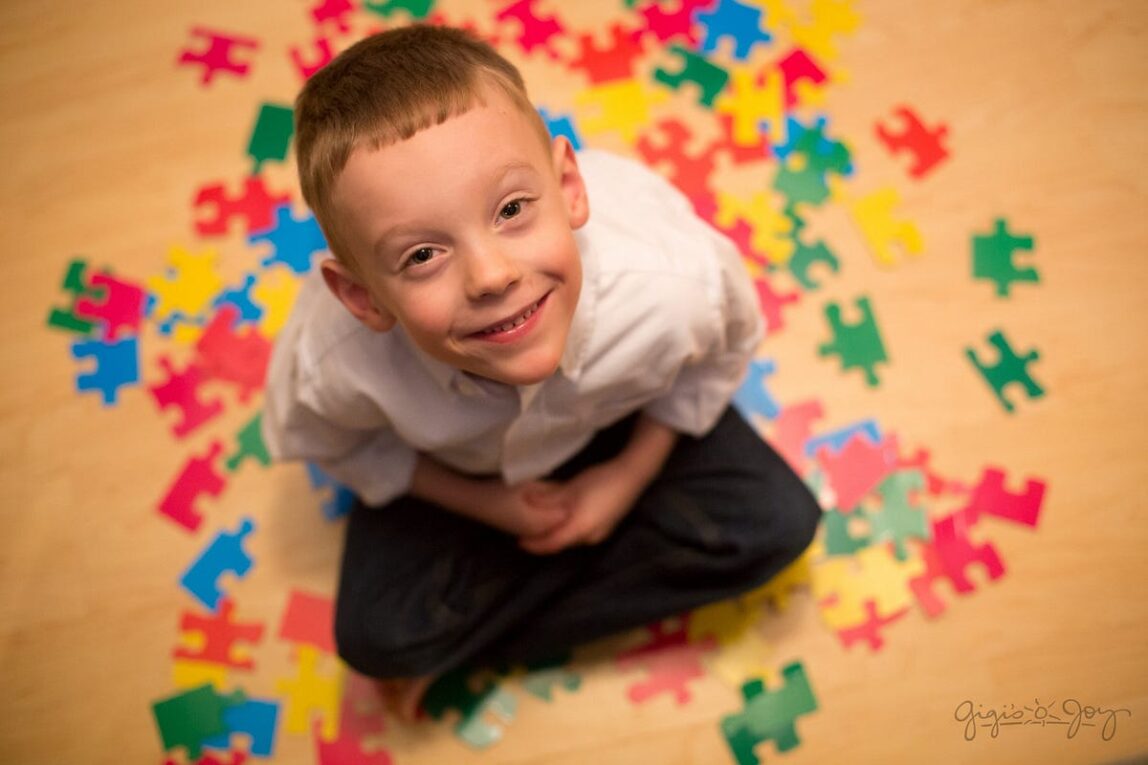A new study conducted by researchers at Oregon State University has delved into the relationship between motor skills and cognitive development in young children with autism. The study sheds light on the interconnectedness of these two aspects and suggests a collaborative approach between behavioral and physical therapists to enhance care for these children.
Megan MacDonald, co-author of the study and head of the School of Exercise, Sport, and Health Science at OSU, highlighted the significance of recognizing the link between motor and cognitive skills. She emphasized the need for a holistic approach that considers academic, social, physical, and cognitive services collectively to better support children with autism.
Currently, providers often operate in isolation, with occupational and physical therapists focusing on motor skills, while behavioral therapists address emotional regulation and executive function. However, the study reveals that these domains are intricately connected, with fine motor skills playing a crucial role in cognitive tasks such as writing and gross motor skills contributing to social and emotional development through activities like playground games.
The research, published in the journal Frontiers in Public Health, involved surveying 172 families of children with autism aged between 4 and 7. The study compared children in the U.S. and Taiwan, highlighting consistent associations between motor skills and executive function across both countries, emphasizing the universal nature of these connections.
Findings from the study indicate that motor skills significantly impact cognitive development, particularly in areas such as working memory and inhibition. The results underscore the importance of early motor skill development in laying the foundation for cognitive growth in children with autism.
Moreover, the study explores how children’s problem-solving abilities are shaped through interactions with their environment and motor behavior. The research aligns with previous neurophysiological studies, indicating that cognitive and motor functions are intertwined in certain tasks.
The implications of this study extend to early interventions for children with autism, suggesting collaborative efforts between professionals in kinesiology to enhance both motor and cognitive skills. Additionally, the findings provide insights for families to engage in activities that promote skill development outside of therapy sessions.
In essence, the study emphasizes the need for an integrated approach to support the cognitive and motor development of children with autism, acknowledging the profound impact of motor skills on cognitive abilities and highlighting the potential benefits of collaborative interventions for holistic care.
*Note:
1. Source: Coherent Market Insights, Public sources, Desk research
2. We have leveraged AI tools to mine information and compile it

